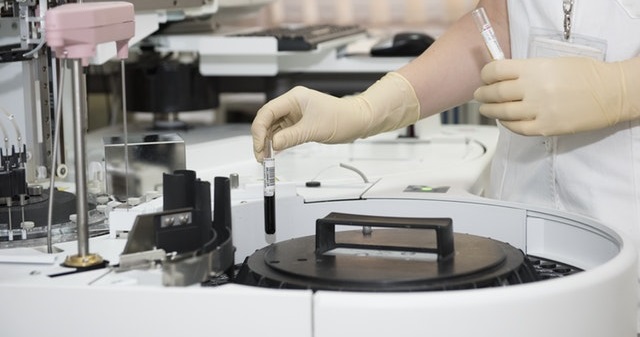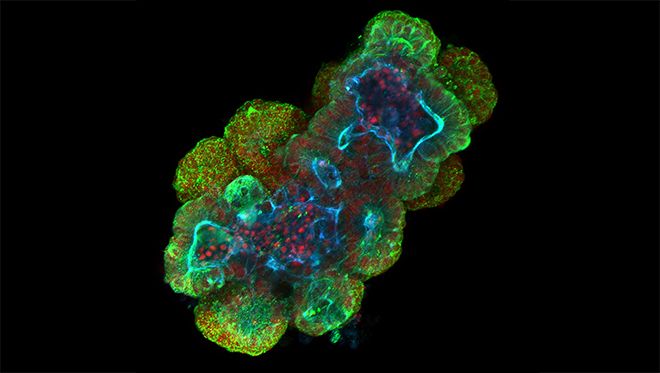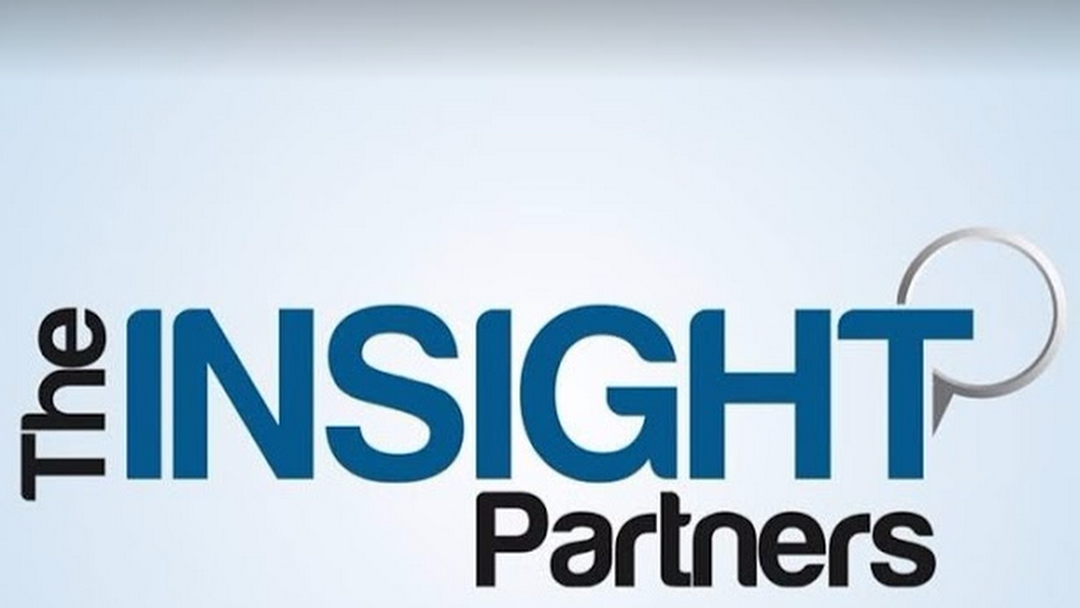Declining Cost of Sequencing Procedures is expected to enhance the Genomics Market from 2018 to 2025.
The global genomics market is expected to reach US$ 32,995.3 Mn in 2025 from US$ 14,728.6 in 2017.
Declining cost of sequencing procedures is expected to drive the growth of the genomics market. However, nonexistence of skilled professionals is expected to hamper the growth of the genomics market. The cost of genome sequencing has been dropping radically, nearly a million-fold in the past six-seven years. In the recent years, next generation sequencing price have declined substantially. For instance, first whole human genome sequencing cost over US$3.7 billion in 2000 and took more than a decade for the completion. However, the costs for the same in recent years has reduces to US$1,000 and the process requires less number of days. In 2000, cost for sequencing was US$ 3.7 billion, which dropped down to US$ 10 million in 2006 and declined to US$ 5,000 in 2012. The decline in the cost can be checked by the cost to sequence a genome diverging drastically around 2008, falling from approximately US$ 10 million to nearly US$ 1,000 at the present date. The latest machines offered by the company, Illumina is to be a lower-priced device and available in two models such as, NovaSeq 5000 for US$ 850,000 and the NovaSeq 6000 for US$ 985,000. Thus, the declining cost of sequencing procedures is expected to fuel the growth of Genomics market over the forecast years.
Since there is no specific method for the gene synthesis, next generation sequencing, genomics, and it’s very essential to be skillful and experienced for technicians in the process of genomics, most of these steps are performed by professionals. The in-depth analyses of gene synthesis requires the collective expertise in gene synthesis research and the challenge posed by tacit knowledge, especially for wet lab work. The members working in the field of gene synthesis acquire distinct specialist sets of knowledge and skills, which are then applied to the project. The members should have received the training by experienced professional researchers, and specialist skill sets needed through trial and error, are still highly relevant to the success of gene synthesis projects. Initially it took almost twenty years for academic laboratories to improve the process to the point where synthetic DNA must start replacing the cloning in practical experiments. Several hundred university laboratories possess the required skilled professionals for synthesis of genes. Thus, the lack of skilled professionals are expected to restrict the growth of genomics market.
The major players operating in the genomics market include Thermo Fisher Scientific Inc., Illumina Inc., and Eurofins, Qiagen, Agilent Technologies, BGI, Bio-Rad Laboratories, Inc., F. Hoffmann-La Roche AG, Danaher, and GE Healthcare.



